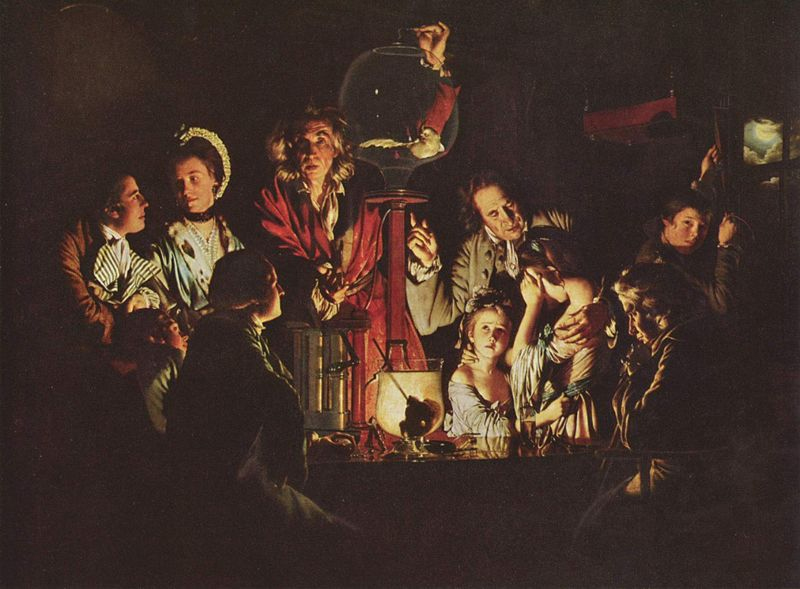If your advocacy group says Republicans are anti-science but then Democrats are also anti-science, it may instead be that your groups positions aren't really scientifically valid. Yet conservation groups routinely say "let science be the guide" as long as 'the science' is advocacy papers they fund and write. If you don't agree, you are accused of being against science.
You'd think if you were adjusted to the horrors of war you'd be immune to concerns about seeing a therapist but some with post-traumatic stress disorder (PTSD) can't bring themselves to deal with it face-to-face.
It's common practice among learned people that, the more educated the company, the more obscure the lists of people they will invent any time there is a question about history. Science may be universally quantifiable but history of science is quite subjective. So on a site where we all extol Al-Khwarizmi, Pietro Monti, Zu Chongzhi, Ibn al-Haytham and too many others to count in our quest to be thorough, I am going to make a bold claim sure to infuriate historians and nationalists from many countries, including America; some of the greatest scientists of any age were all in one place, at one time, and that place was Britain.
It may surprise you to learn this but Nature (the magazine, not the bitch) is not a fan of yours. Or ours. Or anyone not part of their multi-billion dollar publishing conglomerate.
The 1950s were a golden age in America economically - a huge chunk of the middle class had a car and a house and a good life with only one parent working; a pipe dream in today's economy, but income taxes were only on the rich and government was not promising to do everything and taxing people to do it.
But the 1950s were also a paradox; racism was still acceptable to many and so were other forms of discrimination, like against working women.
I had a question posed to me last week; 'what was the first science experiment?'
 Marijuana For ADHD?
Marijuana For ADHD? Rutgers Study - Forcing DEI Programs On People Increases Hostility
Rutgers Study - Forcing DEI Programs On People Increases Hostility Minnesota Trial Lawyers Want To Ban Neonics - Here Is Why That Is A Mistake
Minnesota Trial Lawyers Want To Ban Neonics - Here Is Why That Is A Mistake The Toxic Masculinity Of Disney Movies
The Toxic Masculinity Of Disney Movies








